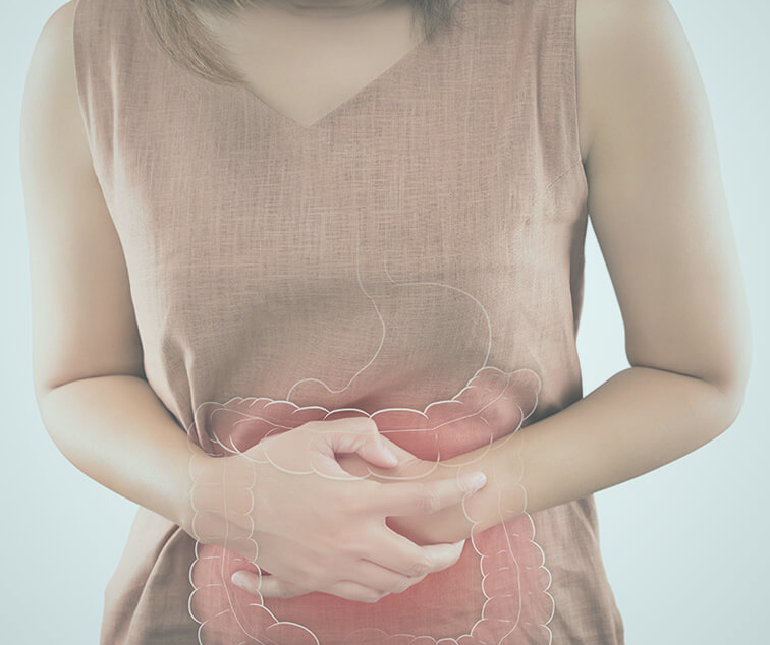Hernia

What is Hernia?
Hernia is a bulge or swelling in the abdomen, specifically the groin due to forceful push of some contents such as fat or bowel in your abdominal wall muscle. An amalgamation of pressure and weakness of muscle or fascia pushes the tissue through the opening and thereby gives rise to hernia. Such muscle weakness may be present at birth or occur later in life. Anything that causes an increase in pressure in the abdomen can cause a hernia, including:
1. Lifting heavy objects
2. Relentless coughing or sneezing
3. Diarrhea or constipation
4. Poor nutrition, over exertion, obesity and smoking can also cause hernia.
Types of Hernia
1. Hiatal (upper stomach)
2. Femoral (outer groin)
3. Inguinal (inner groin)
4. Umbilical (belly button)
5. Incisional (resulting from an incision)
Symptoms of Hernia
- Swelling beneath the skin of the abdomen or the groin; it may disappear when you lie down
- A heavy feeling in the abdomen grouped by constipation or blood in the stool
- Discomfort in the abdomen or groin when lifting or bending over
- Weakness, pressure, burning, or pain in the abdomen, groin , or scrotum
- Pain when straining, lifting, or coughing
- The feeling that something has ruptured
- Unable to have bowel movement
- Nauseated
Cure
- Laparoscopic hernia surgery in which two to four small incisions are made in the abdominal wall through which laparoscope and other surgical instruments are inserted in the abdomen to treat the hernia. Most hernias can be cured by laparoscopic surgery including Inguinal, Para-umbilical, Umbilical and Incisional. It is also preferred in bilateral inguinal hernia as both the sides are operated by similar incisions and in recurrent hernia after open surgery. It is definitely much better than open surgery because it is time effective, does not demand longer hospital stays and has lesser post-ops.
- Medication such as antacids, H-2 receptor blockers, and proton pump inhibitors. Although, it may vary according to different hernia types.
- Open surgery in which a long incision is made and then the hernia is pushed inside, tied down or even removed depending on the patient.
- Avoiding heavy meals and not lying after a meal are some ways with which it can be cured, if it is detected at an early stage.
- Losing weight and giving up cigarettes